
Computation and Society
Computation is a new language that can be found in many daily activities. To use it properly and take parto f all its potential requires to think in an innovative way. There so, computational thinking is much more than coding and computers, and means to prepare the future generations for the upcoming challenges.
The Gulbenkian Programme for Knowledge initiative regarding Computational Thinking aims to stimulate society through the convergence of different perspectives – scientists, teachers, entrepreneurs, citizens in general – to integrate computational thinking in development and social progress.
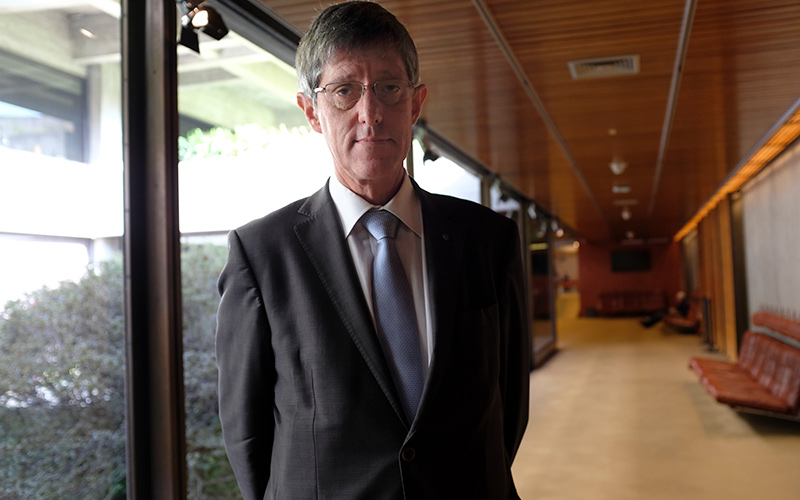
Computation: Introduction
“The term “computation” is seen as a way of structuring thinking and reasoning, allowing us to acquire a set of techniques and methods to solve problems and advance knowledge. It is, in this respect, a fundamental competence that should be part of the basic education of all our young people.” Arlindo Oliveira, Presidente do Instituto Superior Técnico
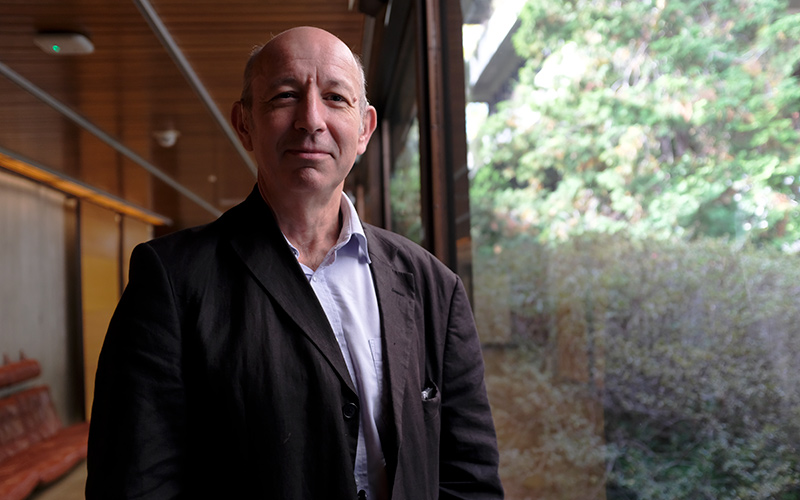
Panel I – Computation: a fundamental skill for the future
“A high-quality computing education equips pupils to use computational thinking and creativity to understand and change the world. The core of computing is computer science, in which pupils are taught the principles of information and computation, how digital systems work, and how to put this knowledge to use through programming” Simon Humphreys, Computing At School National Coordinator / BCS, The Chartered Institute for IT
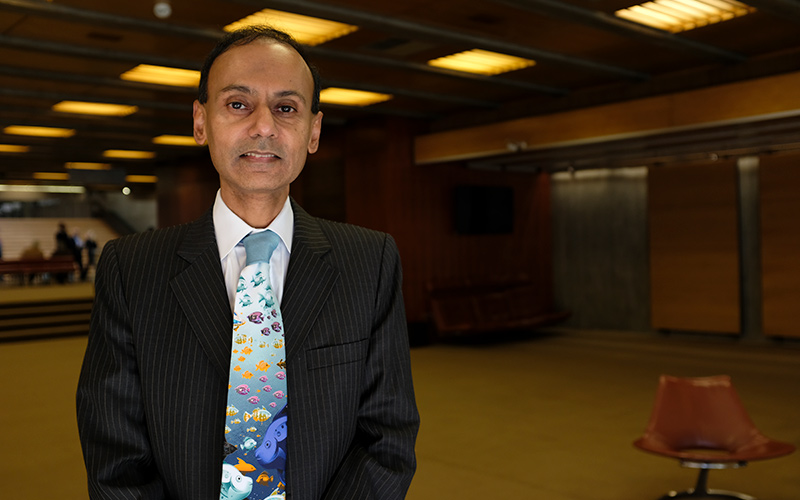
Panel II – Computation: advanced training and competitiveness
“Computational thinking is a higher level skill as compared to the more rudimentary skills of reading, comprehension and analysis and has to be treated that way. Learning and sharpening analytical skills such as performing logical analysis and arguments is a prerequisite to computational thinking. Further, it is important to learn precision in analysis and implication at an early stage.” Srini Devadas, Webster Professor of Electrical Engineering and Computer Science / MIT Computer Science & Artificial Intelligence Lab
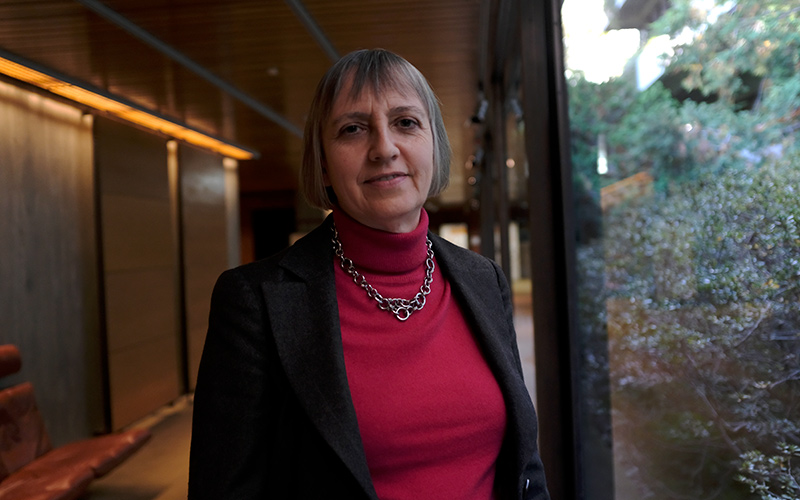
Panel III – Computation: social and economic impact
“An “AI” is a computer program. It was created by a human. So what is the difference between a “normal” computer programme and “an AI”? The term nowadays tends to refer to data-driven AI: training data is provided to a computer programme, a machine learning system, that creates a model based on the data. The model is incorporated into another computer programme that can be used on new input data, e.g. to make decisions.” Lynda Hardman, Manager Research & Strategy, Centrum Wiskunde & Informatica; Professor of Multimedia Discourse Interaction, Utrecht University
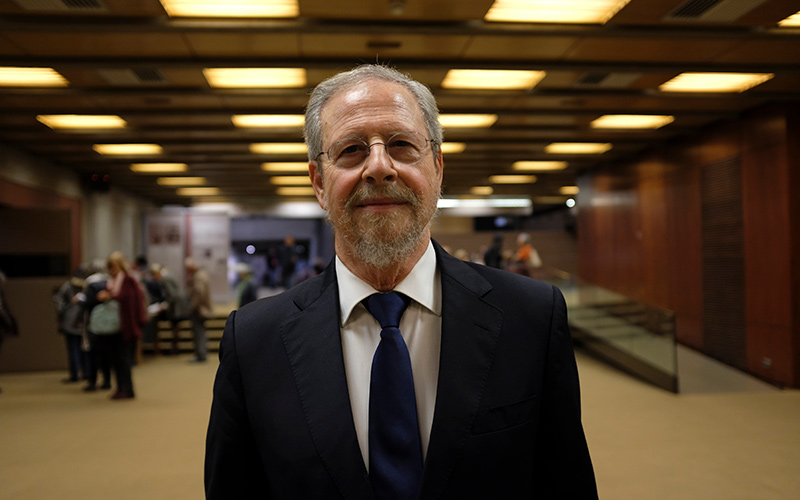
Panel IV – Computation: the value of digital literacy
“Being familiar with and using digital technologies on a daily basis does not necessarily mean to use it skilfully. There is a debate taking place on the necessary skills for the 21st century, influencing training and educational approaches, pedagogies and curricula design that should promote competences in design thinking, programming and creative problem solving as a means to enhance opportunities for fully exercising citizenship and having equitable opportunities for the growing demand of technical profiles.” Pedro Guedes Oliveira, Professor Emérito da Universidade do Porto
Initiatives

